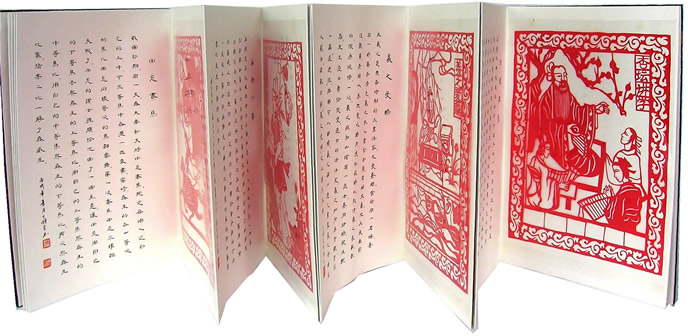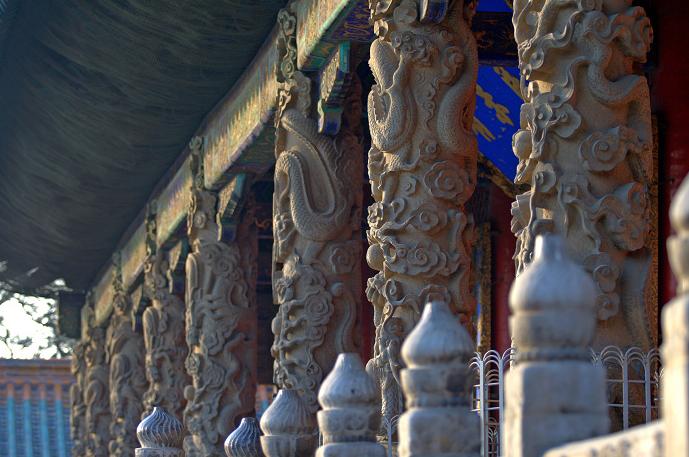Shandong history and culture

Shandong is one of the birthplaces of the ancient Chinese culture. The Yiyuan ape-man fossil proves there were human beings in the area some 400,000-500,000 years ago. The Beixin Culture, Dawenkou Culture and Longshan Culture found in the province prove that between 7,000 to 4,000 years ago, the Dongyi people had changed from a matrilineal to a patrilineal society and even to a class society.
Some other historical finds in Shandong include Dawenkou and Longshan pottery characters, the earliest Chinese characters discovered in China, Chengziya Longshan Ancient Town, one of the earliest cities in China, the old Great Wall of the Qi State, the earliest defense works in China, the tombs of Han Dynasty Kings at Luozhuang, one of China's 10 Most Remarkable Archaeological Discoveries in 2000. Besides, Shandong is one of the birthplaces of ceramics and silks.
Shandong has always been known as the "hometown of Confucius and Mencius, as well as the land of ceremony and propriety". Throughout history, Shandong has produced many celebrities who have exerted great influence on Chinese culture, and that continues to this day. Confucianism created by Confucius, the great thinker, educator and politician honored as a sage, is pivotal to Chinese culture and still exerts influence around the world.
The Art of War written by sun-tzu, a famous ancient strategist in Shandong, is considered as a classic in both military and commercial circles. Besides Confucius and Sun-tzu, who were respectively renowned as the "Sage of Culture" and the "Sage of Strategy", other famous ancient figures from Shandong include Wang Xizhi, the "Sage of Calligraphy", inventor Lu Ban, miracle-making doctor bian Que, strategist Zhuge Liang as well as poets Li Qingzhao and Xin Qiji, and novelist Pu Songling.
 0
0 






